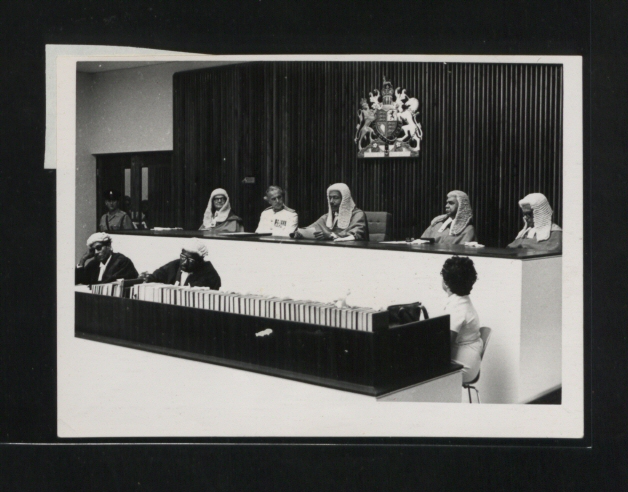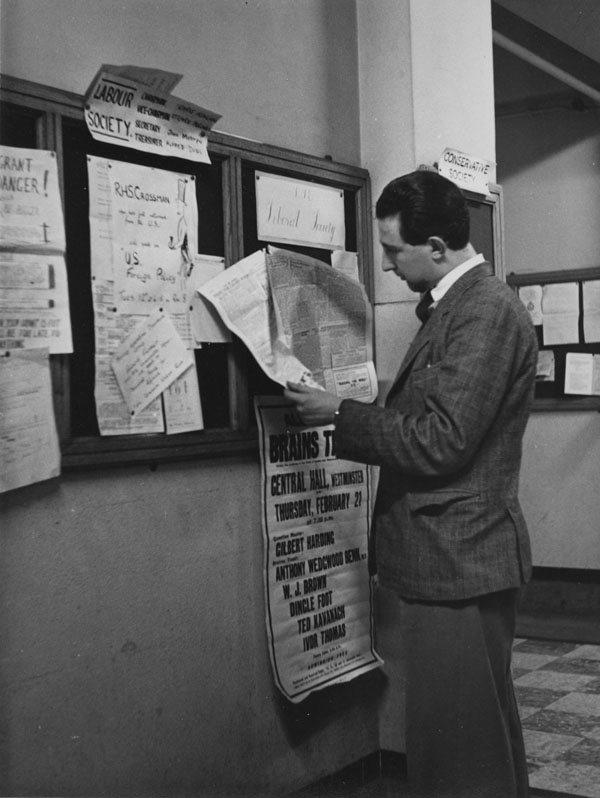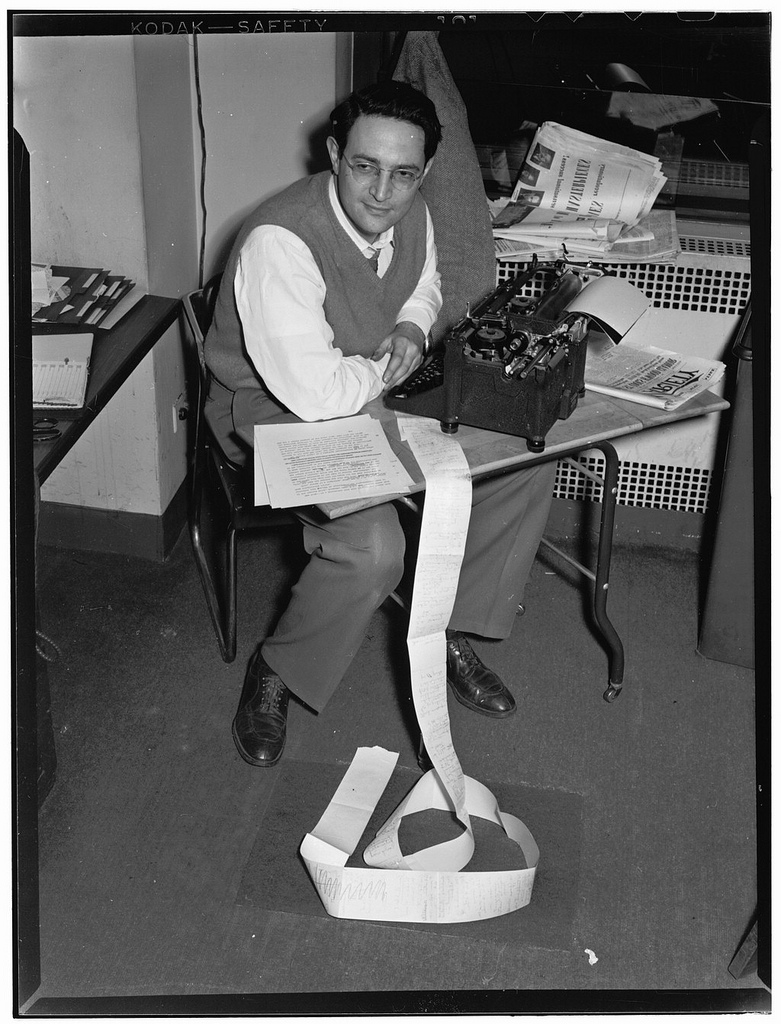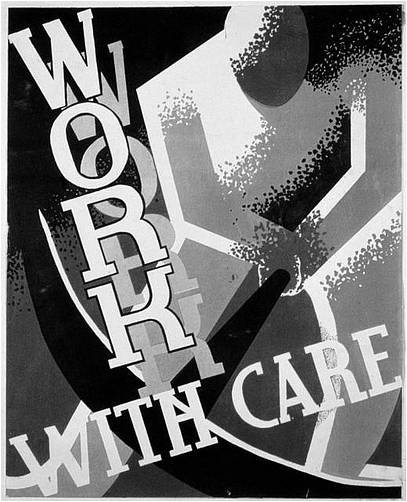 In some cases local government and social media don’t mix. Many councils haven’t been actively using Facebook and Twitter and that has to change. It can be a long and complicated process. Here are some tips to get you started.
In some cases local government and social media don’t mix. Many councils haven’t been actively using Facebook and Twitter and that has to change. It can be a long and complicated process. Here are some tips to get you started.
Plan ahead
- It is vital to understand that SM should form part of an overall comms plan
A comms strategy should be already in place and social media will be integrated gradually into it.
You need to comprehend the mentality behind each channel; each organisation is completely different and tools need to be customised to its needs. You need to experiment and see what works; different tools might apply to particular campaigns.
- You need to consider your social media involvement carefully; once you decide to go for it, you have to go all the way.




















